Beyond EQ, IQ, and AQ: Cultivating Crucial Skills in Children

Compared to previous generations, today’s children need unique skills to succeed in a diverse global village. It is crucial for parents or caregivers to enhance their children’s cultural intelligence.
We’ve all heard of IQ – the intelligence quotient, and EQ – emotional quotient. But do you know about CQ – cultural quotient (cultural intelligence)? While IQ and EQ have long been considered important factors, CQ is increasingly recognized as a game-changer in the conditions of diverse cultural integration.
In the book Cultural Intelligence: Mastering a Skill You Can’t Live Without in Today’s Global Economy, author David Livermore writes that the number one predictor of success for an individual in a borderless world is not their IQ, resume, or expertise but their CQ.
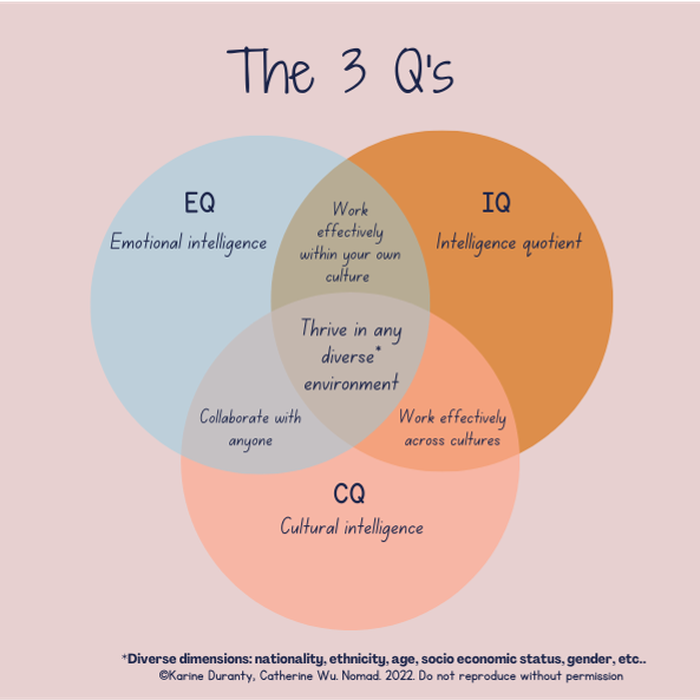
What is Cultural Intelligence – CQ?
CQ can be understood simply as the ability to function effectively in various cultural contexts, including countries, ethnicities, organizations, and generations. Research conducted over the past decade shows that individuals with high CQ can adapt and thrive in a complex global society.
In a comprehensive analysis of a combined sample of 44,155 individuals, researchers Thomas Rockstuhl from Nanyang Technological University in Singapore and Lynn Van Dine from the University of Michigan found that having CQ is consistently associated with cross-cultural effectiveness.
Culturally intelligent individuals are not experts in specific cultures. Instead, they possess a range of qualities that enable them to plan cross-cultural collaborations and exhibit appropriate behaviors in any cultural environment, even unfamiliar ones.
Elaine Wilson, an elementary school teacher in Belton (USA), who experienced part of her childhood in Japan, Morocco, and Thailand, believes that both children and adults recognizing different cultures can make a difference. Compared to previous generations, today’s children need unique skills to succeed in the diverse global village. It is crucial for parents or caregivers to enhance their children’s cultural intelligence.
Specifically, there are four aspects of CQ:
Orientation: The motivation and confidence to overcome cultural differences and work with people from different cultures.
Knowledge: Complex and nuanced knowledge about the similarities and differences between cultures.
Strategy: Planning and awareness of cultures before, during, and after intercultural encounters.
Action: Flexibly adjusting behavior to act appropriately in cross-cultural situations.
Ways to Enhance Your Child’s Cultural Intelligence
Increase Your CQ: Children need guidance to navigate life, and who better than their parents? Learn a new language, build friendships with people from different cultural backgrounds, and expose yourself (and your family) to different cultures.
Discuss Stereotypes: Check your child’s cultural knowledge, then discuss how stereotypes can harm relationships. For example, believing that people from a certain culture are lazy or greedy is a stereotype. Children can learn these negative behaviors from family, friends, classmates, and even TV and movies.
Attend Multicultural and Ethnic Festivals: There are many opportunities for families to expand their horizons and get to know people, traditions, and cuisines from different cultures. Parents can research and involve their children.
Build an Eclectic Music Library: Music is an easy way to explore different cultures, so try to listen to melodies from around the world.
Diversify Your Holidays: We often have our own holiday traditions, but why not explore how different cultures celebrate holidays? Your family can maintain its own traditions while also introducing new cultural games or customs.
Learn Another Language: Becoming a bilingual or multilingual child will give your child an advantage in our global society. Classes, CDs, DVDs, books, and the internet can be useful tools for learning a new language.
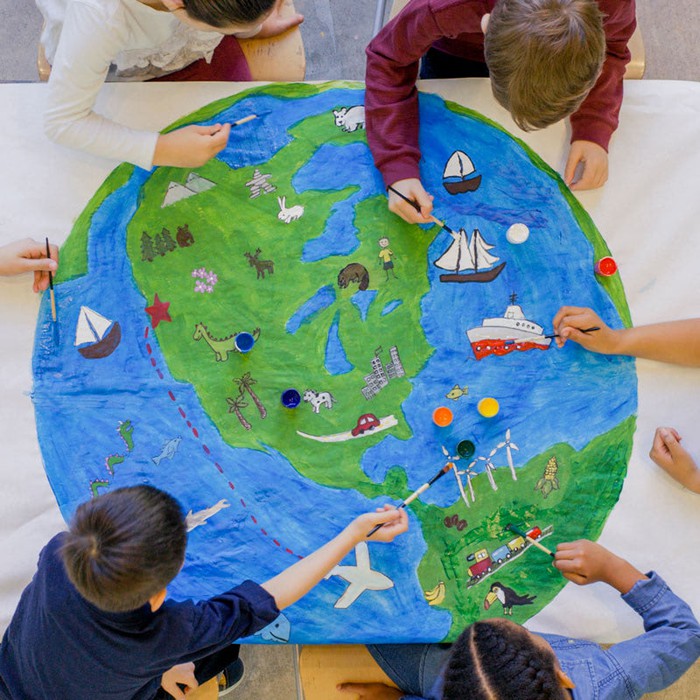
Talk About Differences: Anything different to a child can become a cultural bias or an opportunity to learn and grow. Discussing differences makes each of us unique and makes the world a more interesting place. Culturally intelligent children recognize their own uniqueness and respect the differences of each individual.
Encourage an Open Mind: Elaine Wilson says, “We don’t have to agree with the ways of other cultures, but we should understand their beliefs and how they practice the art of living. Teach your child that being confused about another culture’s way of life is normal, but having an open mind is essential.
Think Big: Consider having your child participate in student exchange programs or visiting another country. Of course, not everyone has the means or opportunity to do these things, but perhaps they could be a goal for the future.
(Source: phunuvietnam.vn)
Sản phẩm bạn có thể quan tâm
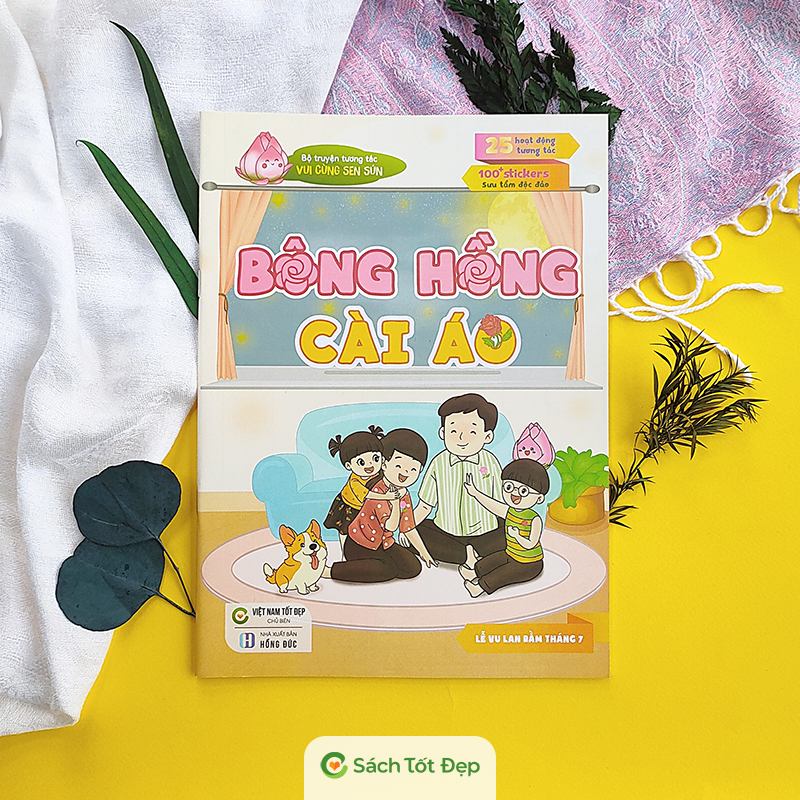
Let’s play with Sen Sun: Ullambana Festival
Coloring book
28.000đ
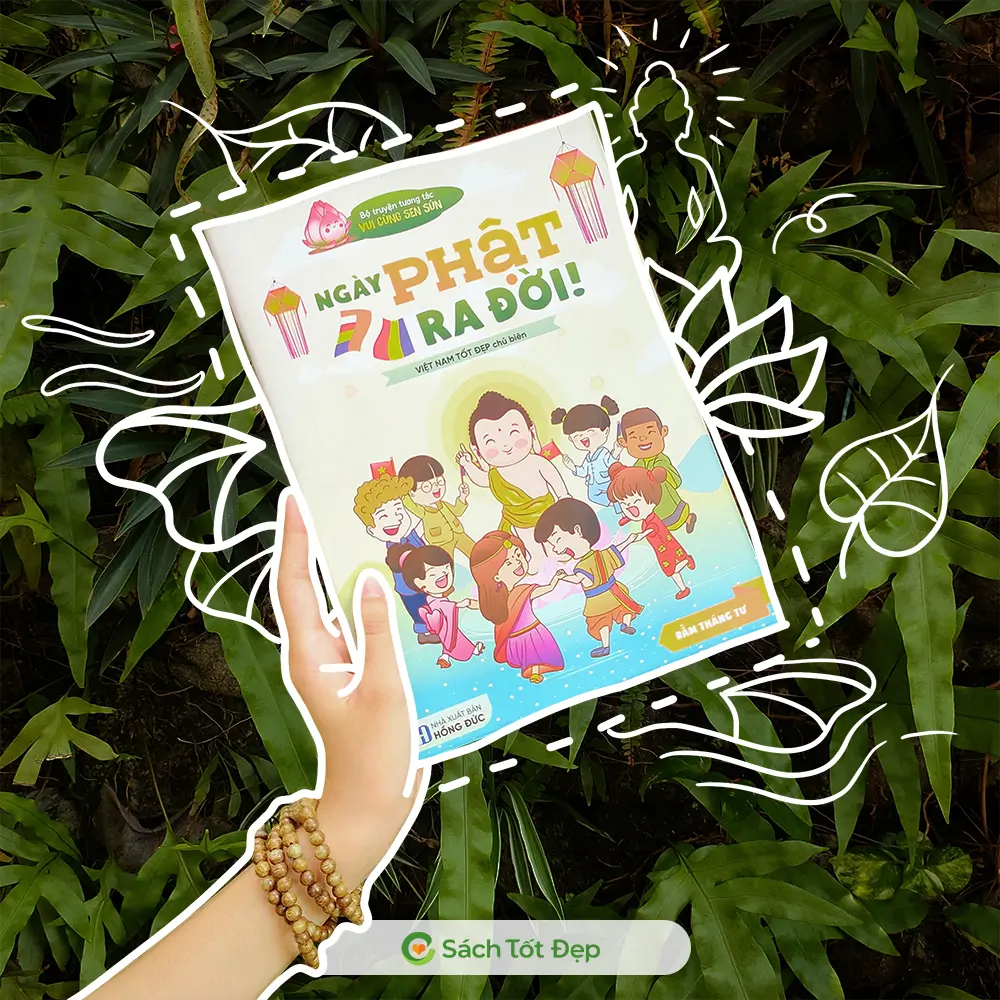
Let’s play with Sen Sun: Buddha’s birthday
Coloring book
28.000đ

Wisdom Combo: 5 books + 3 special gifts
Coloring book
280.000đ
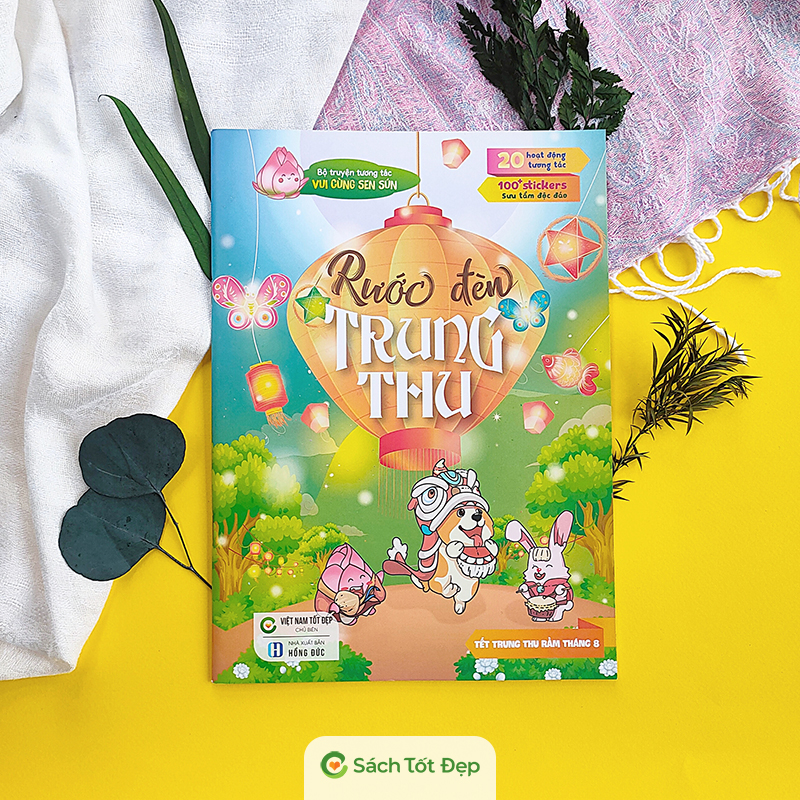
Let’s play with Sen Sun: Mid-Autumn Festival
Coloring book
30.000đ





